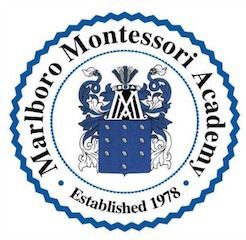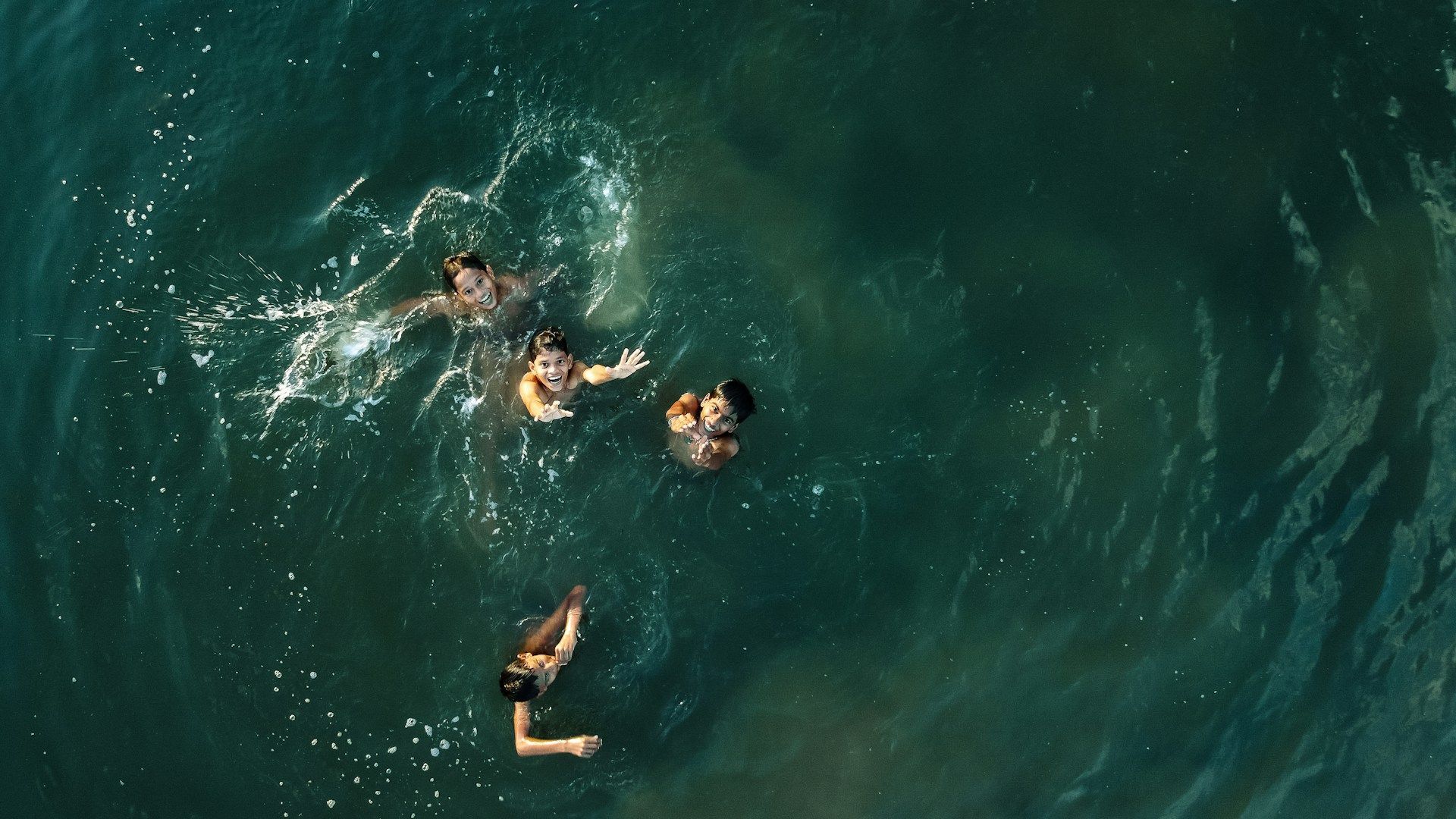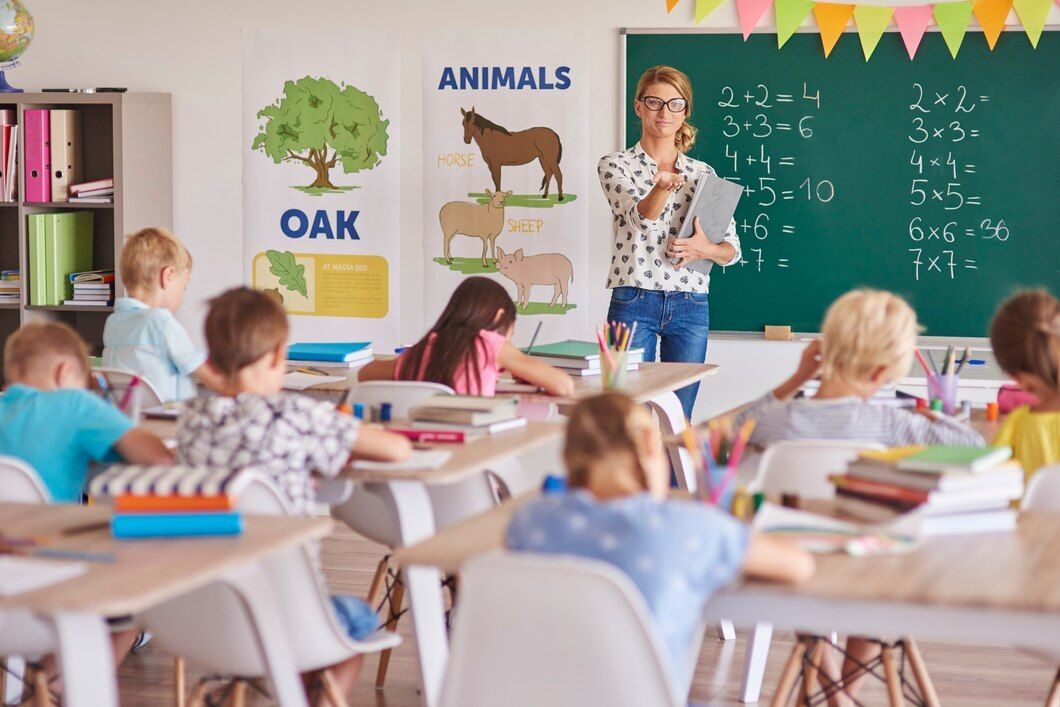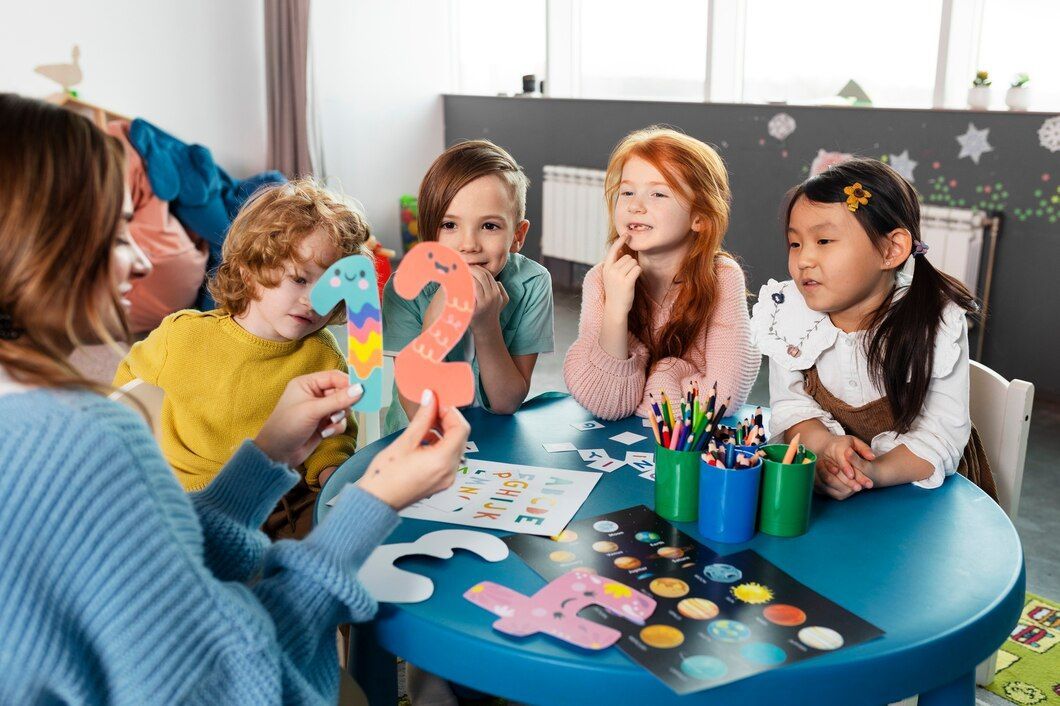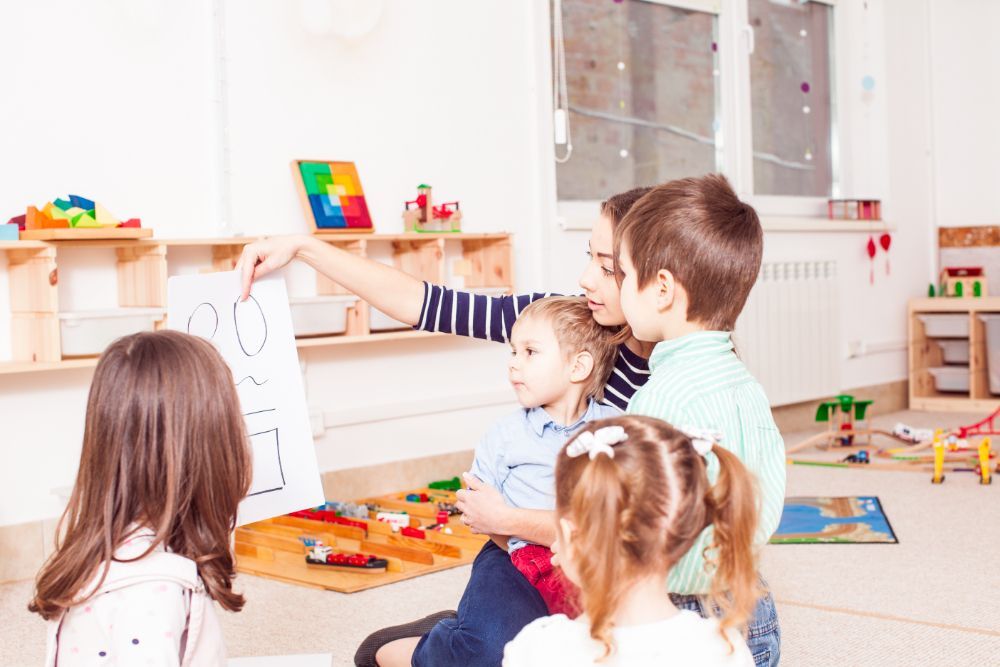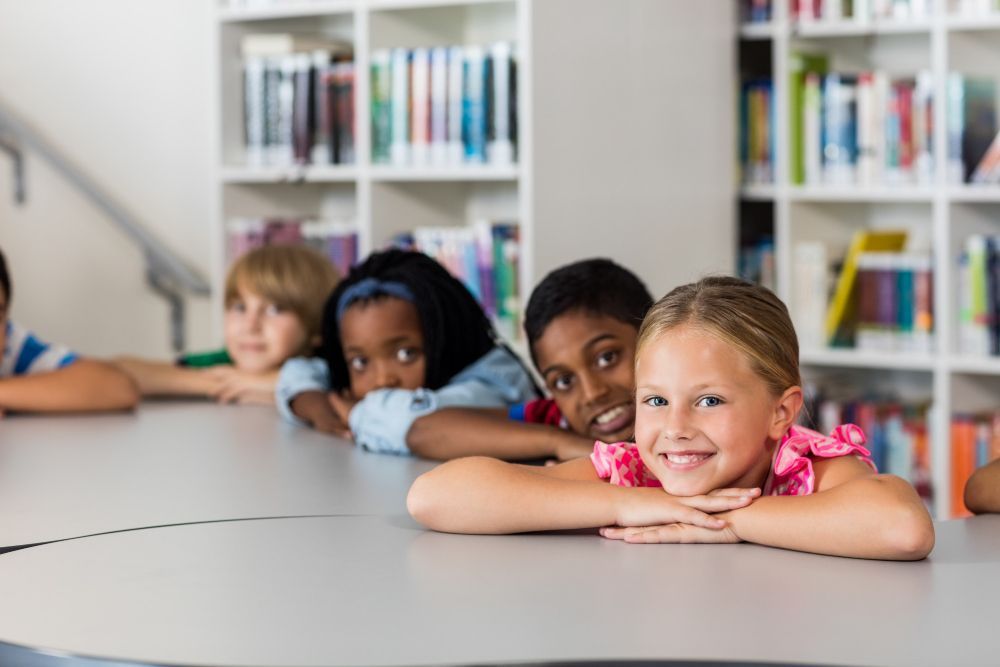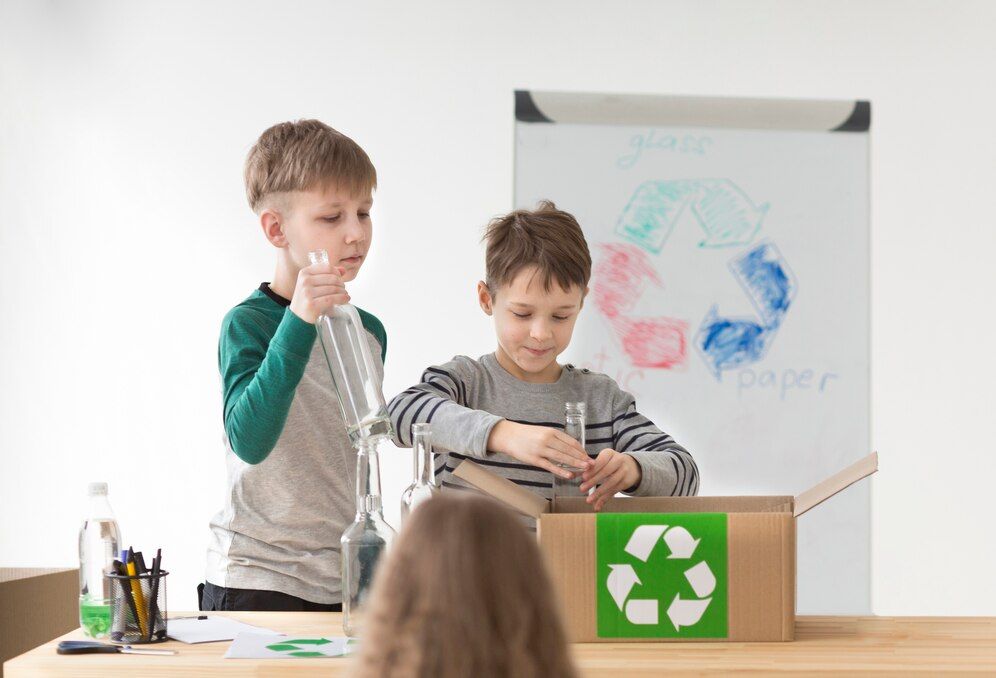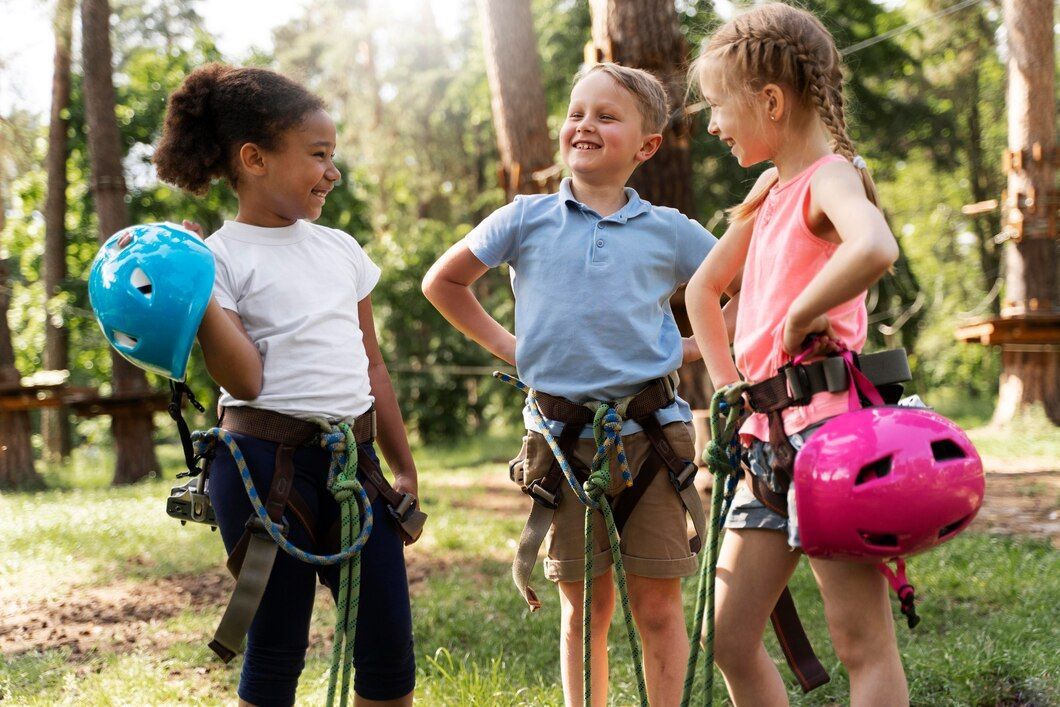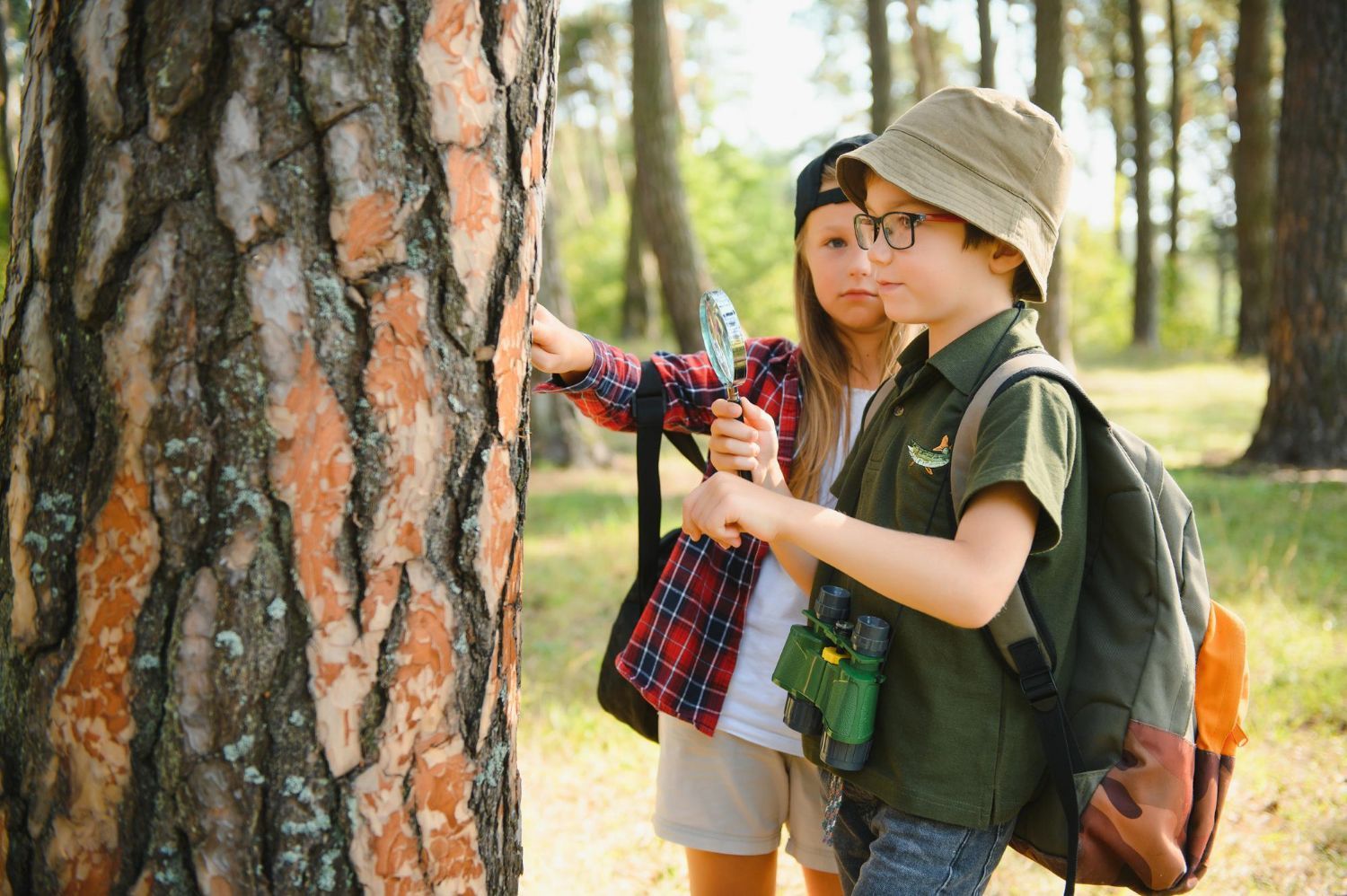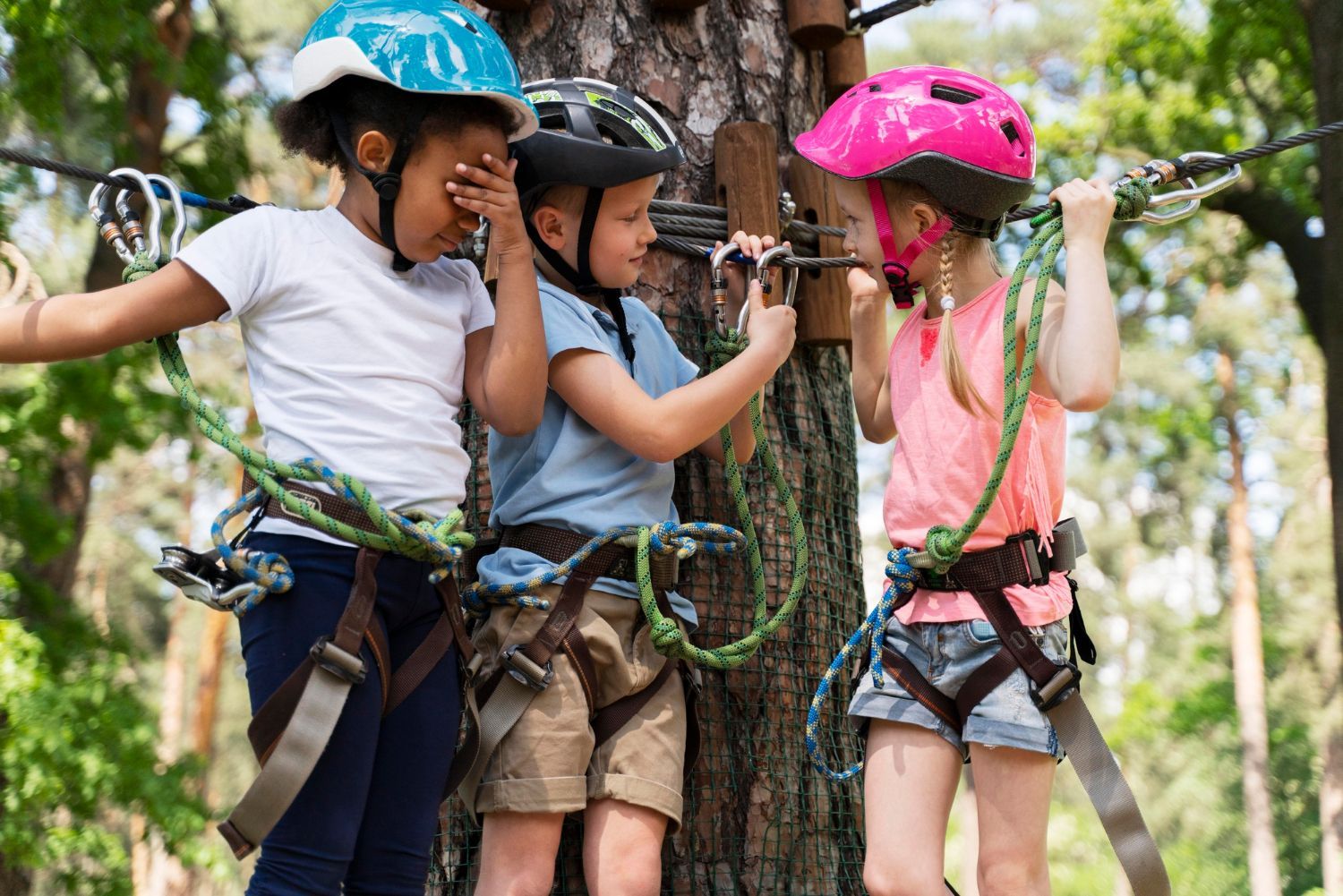Encouraging Creativity and Self-Expression through Montessori Art Education
The creative arts are an integral aspect of the holistic Montessori curriculum, bridging the gap between imagination and reality for children, inviting them to express themselves freely, and unleashing their innate potential. Montessori schools like Marlboro Montessori Academy recognize the value of incorporating art education into their programs, providing toddlers, preschoolers, kindergarteners, and elementary students with a comprehensive, balanced curriculum that nourishes their minds, bodies, and souls.
Contrary to conventional art education, Montessori art education encourages process-oriented rather than product-oriented learning. By focusing on the experience of creating art rather than the final product, the Montessori approach empowers children to express their creativity, explore new techniques and ideas, and develop a deep sense of self-awareness and self-expression. Art education in the Montessori classroom allows children the freedom to experiment, make mistakes, and grow, cultivating a lifelong appreciation for beauty and a passion for self-expression.
In this blog post, we will delve into the unique aspects of Montessori art education and the numerous benefits it offers to children in their development. By examining the principles and practices of Montessori art education, you will gain an understanding of how this approach nurtures creativity, problem-solving skills, and self-expression in young learners, enriching their overall learning experience.
Prepare your child for a lifetime of creativity, self-discovery, and the joy of self-expression by engaging them in Montessori art education – a vital component of their holistic development that will positively impact their lives both inside and beyond the classroom.
The Uniqueness and Advantages of Montessori Art Education
The Montessori method aligns perfectly with the goals of art education, fostering creativity, self-expression, and independence in children. By understanding the unique aspects of Montessori art instruction and their benefits, parents, and educators can better appreciate the powerful role that art education plays in the development of young learners.
1. Emphasizing the Process Over the Product
In Montessori art education, the focus is firmly placed on the process of creating and exploring art. Rather than striving for a perfect end product or comparing their work to that of their peers, children are encouraged to experiment with different techniques, materials, and ideas. This approach promotes trial and error, risk-taking, and problem-solving, fostering a deep sense of engagement, curiosity, and self-motivation in young artists.
2. Cultivating Creativity and Imagination
Imagination and creativity are essential components of the Montessori philosophy, and art education serves as a conduit to help children express their thoughts, emotions, and experiences creatively. Montessori art activities are designed to spark curiosity and imagination in young learners, allowing them to explore their unique perspectives and develop their artistic voice. By embracing the creative process, children gain the confidence to venture beyond their comfort zones, ultimately fostering a love for learning and exploration.
3. Developing Fine Motor Skills and Coordination
Art education in the Montessori classroom facilitates the development of crucial fine motor skills and coordination in young learners. Whether they are gripping a paintbrush, molding clay, or threading beads, children strengthen their muscles and hone their dexterity. Engaging in art activities also enhances hand-eye coordination and hand control, preparing children for more complex tasks in academic areas such as writing, cutting, and musical instrument playing.
4. Enhancing Emotional Intelligence and Self-Awareness
Through Montessori art education, children express their emotions, thoughts, and experiences in a safe and nurturing environment. Art becomes a powerful tool for self-expression, allowing children to communicate feelings they may struggle to put into words. Engaging in artistic endeavors teaches children to be more in tune with their emotions and to develop empathy and understanding for others' feelings and perspectives.
Montessori Art Education Best Practices: Principles and Implementation
Implementing Montessori art education effectively requires a balance of structure and freedom, fostering a love for art and building a foundation for children to express themselves creatively. By following key Montessori principles and incorporating them into the art classroom, educators can create a space where children flourish artistically and personally.
1. Providing a Prepared Environment
Just as with other areas of the Montessori curriculum, a well-prepared environment is essential for art education. Montessori classrooms should be equipped with age-appropriate materials, tools, and resources that invite exploration and creativity. Supplies should be organized and accessible, instilling a sense of responsibility and independence in children as they select and care for their materials.
2. Encouraging Individualized and Collaborative Learning
Montessori art education is designed to meet the unique needs and interests of each student while promoting collaboration and community-building. Teachers should provide guidance and support as children work independently on projects, allowing them to explore their interests and ideas at their own pace. Additionally, group art projects provide valuable opportunities for children to develop cooperation, communication, and teamwork skills.
3. Embracing Multicultural and Interdisciplinary Connections
Montessori art education aims to broaden children's perspectives and foster an appreciation for diverse cultures and artistic styles. By integrating multicultural art projects into the curriculum, children learn to recognize and appreciate the beauty of diversity in the world around them. Additionally, interdisciplinary connections with other subjects – such as literature, science, or history – can be made through art, helping children draw connections and deepen their understanding of various academic areas.
4. Offering Guidance and Support
Montessori art teachers should play the role of a facilitator rather than a director, offering assistance, guidance, and encouragement as children explore and create. Teachers should refrain from correcting or dictating children's artistic choices, fostering a sense of autonomy and self-confidence in their abilities.
The Lasting Impact of Montessori Art Education
The Montessori approach to art education offers children an unparalleled opportunity to grow and develop their creativity, self-expression, and problem-solving skills, unlocking their potential and enriching their overall learning experience. By incorporating Montessori art education principles and practices, Marlboro Montessori Academy fosters a nurturing environment for young artists to thrive, shaping them into well-rounded, emotionally intelligent individuals who contribute positively to the world around them.
Nurture your child's innate creativity and love for self-expression by embracing the powerful, transformative experience through Marlboro Montessori Academy. By enrolling your child in our
Montessori kindergarten and elementary school, we can prepare them for a life brimming with beauty, exploration, and fulfillment.
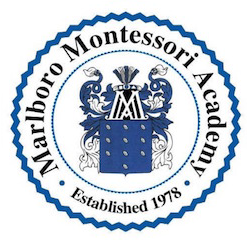
Navigation
Contact Info
Phone Number: 732-946-8887
CAMP: 732-946-2267
Email: admin@marlboromontessoriacademy.com
GPS Address
257 Highway 79
Morganville, NJ 07751
Mailing Address
P.O. Box 272
Wickatunk, NJ 07765
All Rights Reserved
All Rights Reserved | Marlboro Montessori Academy
Marlboro Montessori Academy
